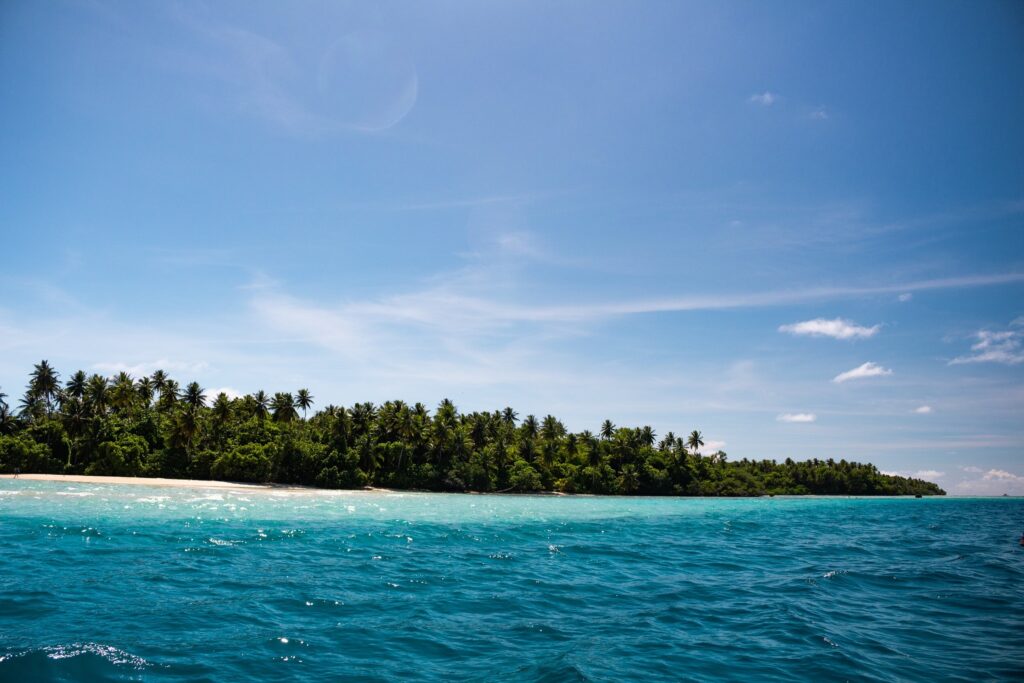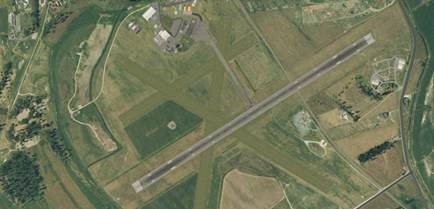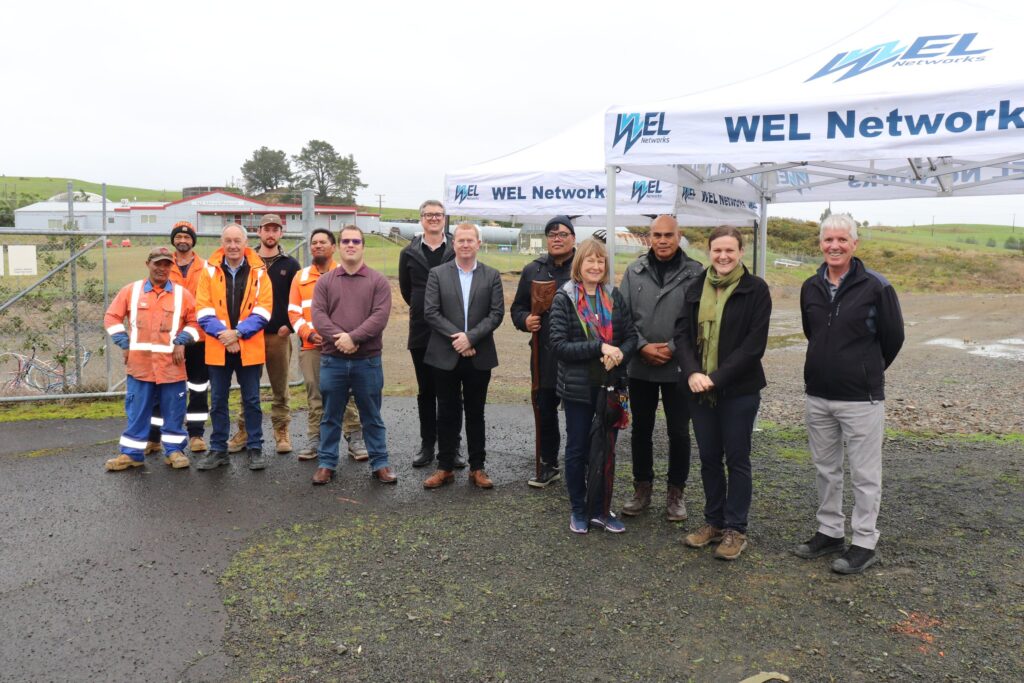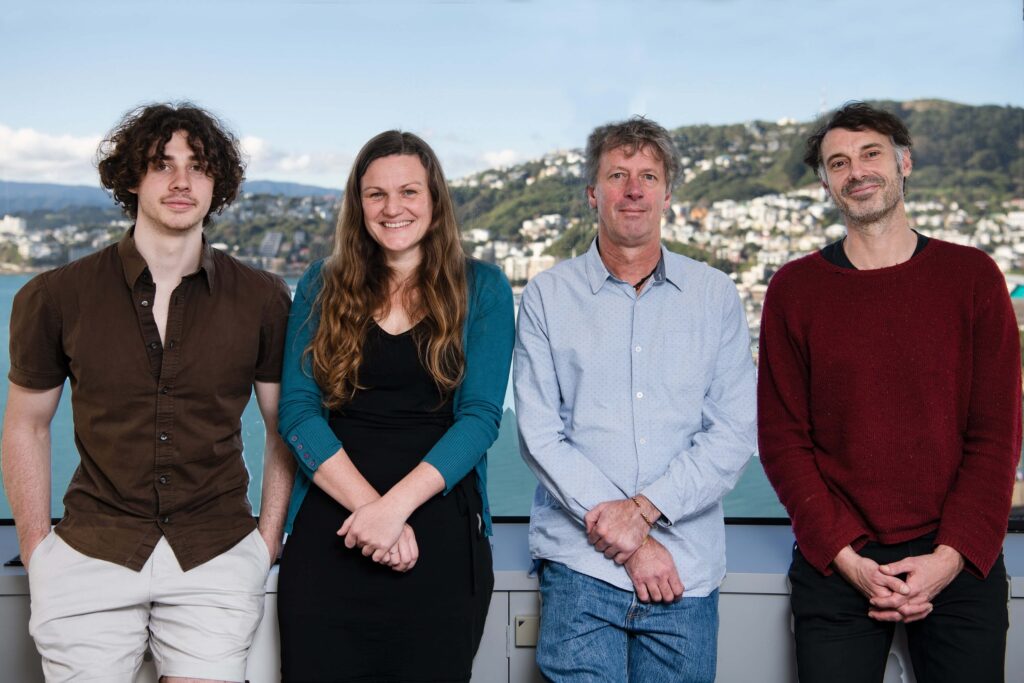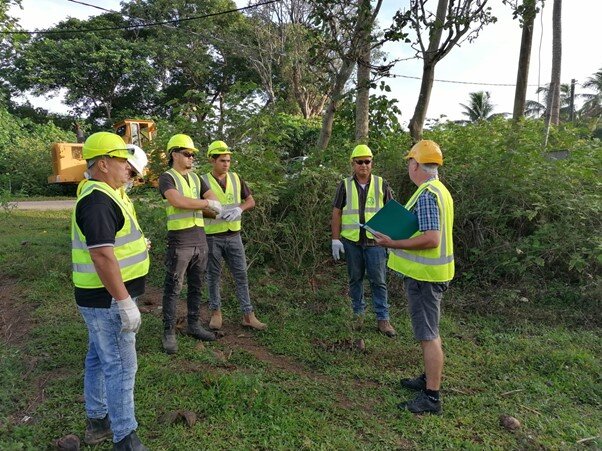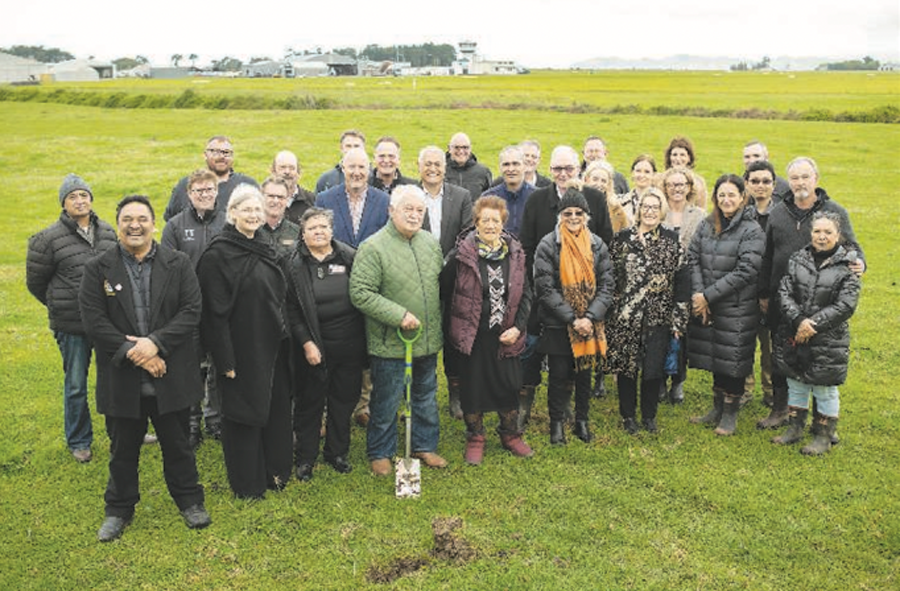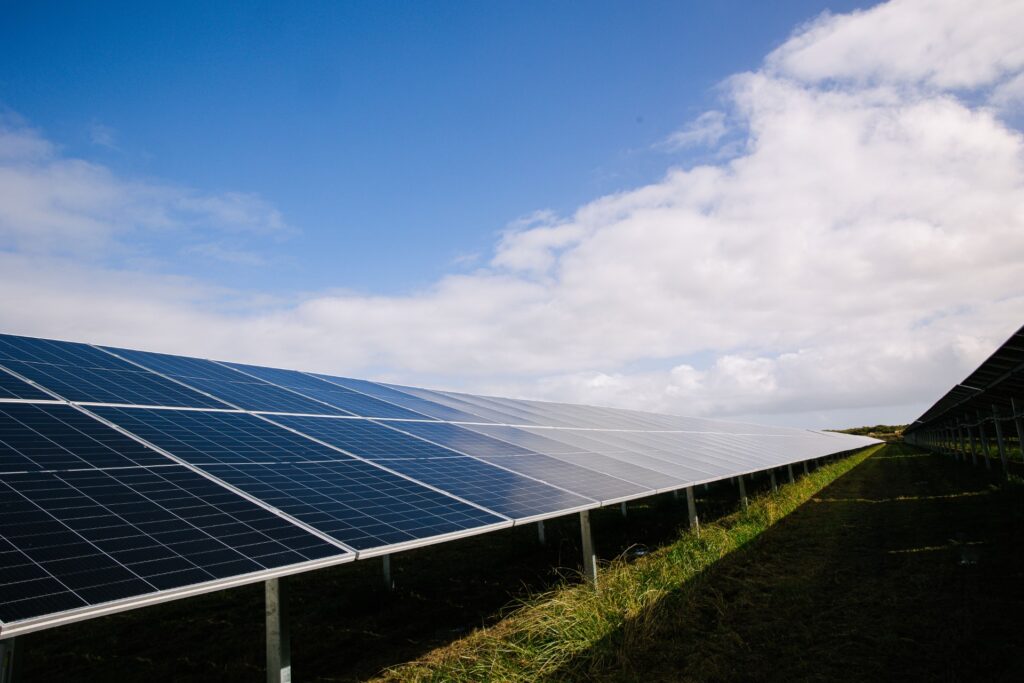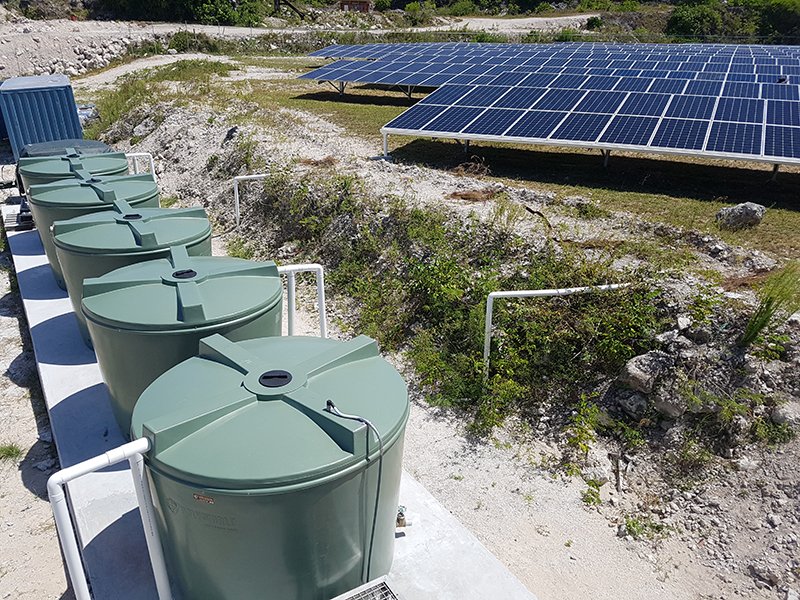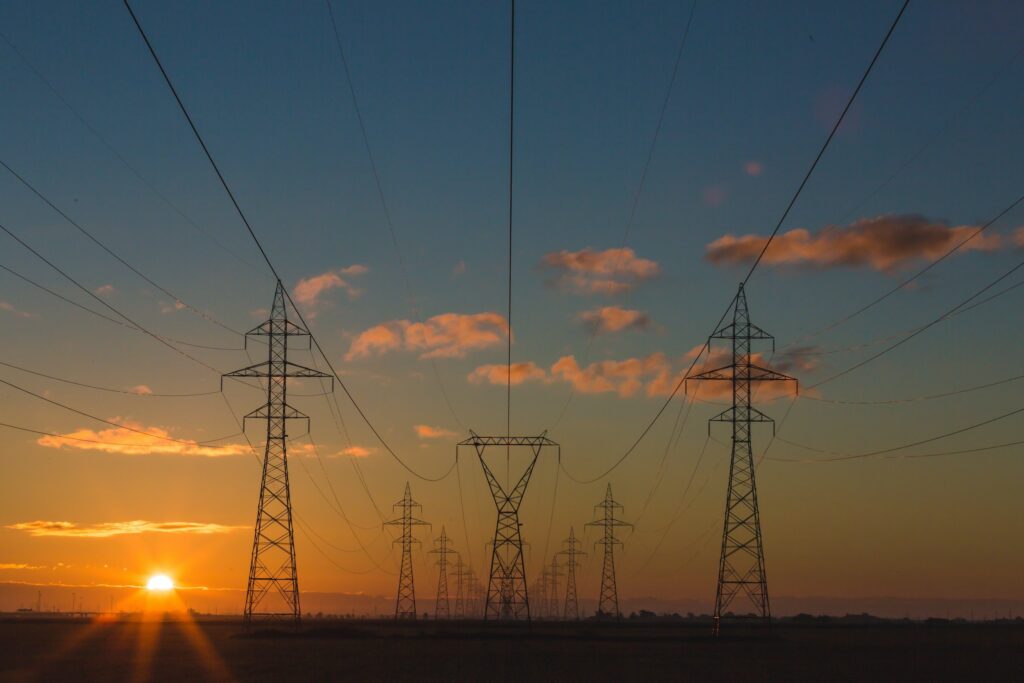The tiny Pacific Island nation of Tuvalu has a bold goal of 100% renewable energy by 2025, and Infratec has helped bring that a step closer with the commissioning of the country’s first combined solar-battery power project this month.
Infratec has installed 196 solar panels on the roof of the new Tuvalu Fisheries Department HQ on the main atoll of Funafuti, giving the building 73.5kW of its own renewable energy generation, plus 220kWh of battery storage.
The HQ’s entire roof-space is now covered with solar panels to generate as much solar energy as possible to meet its electricity needs, and the batteries will provide up to a day of back-up before energy from the main grid is needed.
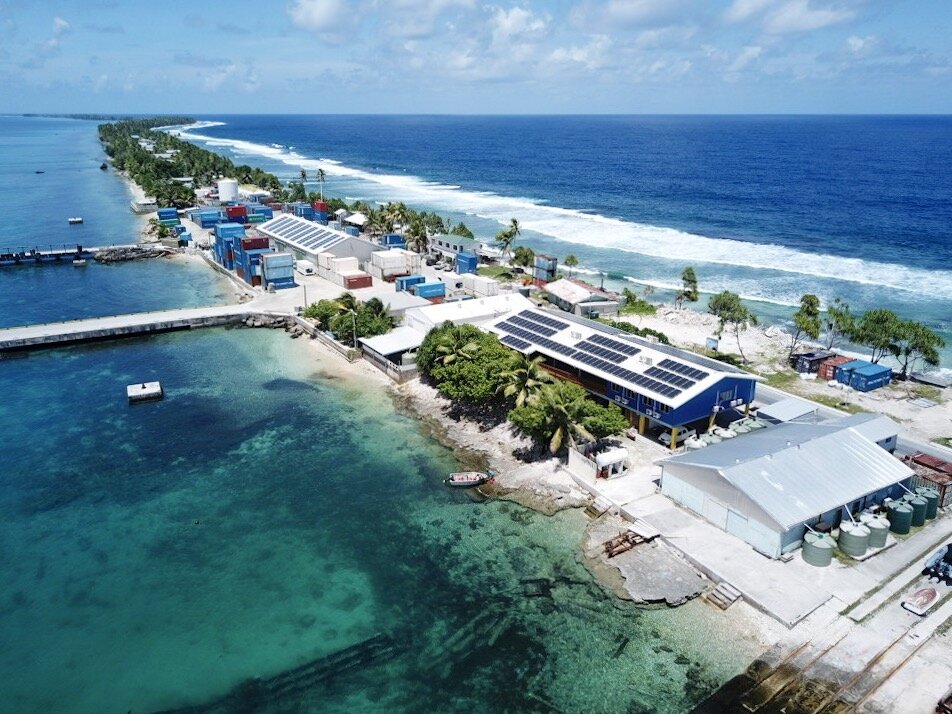
Subject to enough sunshine, the solar and battery system is expected to supply the building’s power needs (even with air conditioning running almost all the time!) for up to sixteen hours a day while preserving half the battery capacity in case of grid outages.
Tuvalu has a roadmap to be using 100 per cent renewable energy by 2025. Although it has had rooftop solar on other government buildings for a few years, the Fisheries Department project is the first to use battery storage and is likely to provide a model for how solar-battery projects could work on the rest of the island.
Tuvalu’s Fisheries Department has a key role in sustainable fisheries, including protecting the Economic Exclusion Zone and research into fisheries ecosystems.
Its new building, which opened in 2018, is also intended to be used as a base for Tuvalu government operations if there is a natural disaster.
The New Zealand Ministry of Foreign Affairs and Trade funded both the construction of the new HQ, and the solar-battery power project.
The power system was designed to do two things: offset the costs of running the new building for the Fisheries Department and give them a source of energy if the mains power goes out in an emergency.
It was installed between October and December 2019 with commissioning completed this month. About seven people including Infratec staff, Fijian installation contractors and Tuvalu Fisheries Department staff worked on the project. Infratec will continue to be involved in supporting Fisheries Department staff through their first year of operations and maintenance on the system.
This year Infratec will also deliver a $NZ8.4 million Solar PV (Photovoltaic) facility and battery energy storage system on Funafuti, with the Tuvalu Electricity Corporation. The project will include 770 kW of Solar PV and at least 1 MWh of battery storage, as well as upgrades to the existing power station controls, which will allow further renewable energy generation to be added in the future. Once completed, the project will be Tuvalu’s largest solar and battery storage asset, provide about 10% of the island’s electricity supply, and will also be a strong foundation for further planned development projects.
Currently about 85% of Funafuti’s electricity is generated by diesel, which leaves the country vulnerable to global fuel price changes and often means they pay twice as much as a typical New Zealand household on a per unit basis.
The Infratec team is very proud to support Tuvalu to reduce its reliance on diesel and move towards its goal of 100 percent renewable energy.


